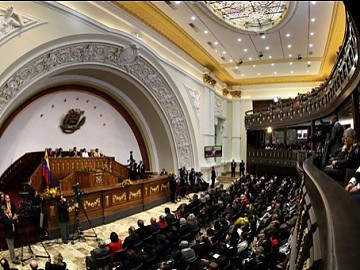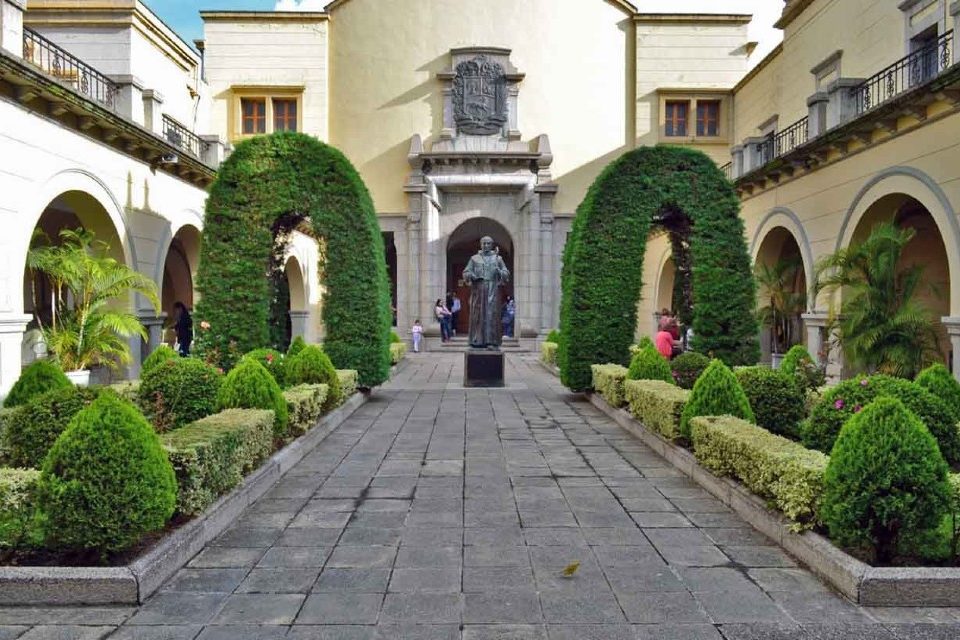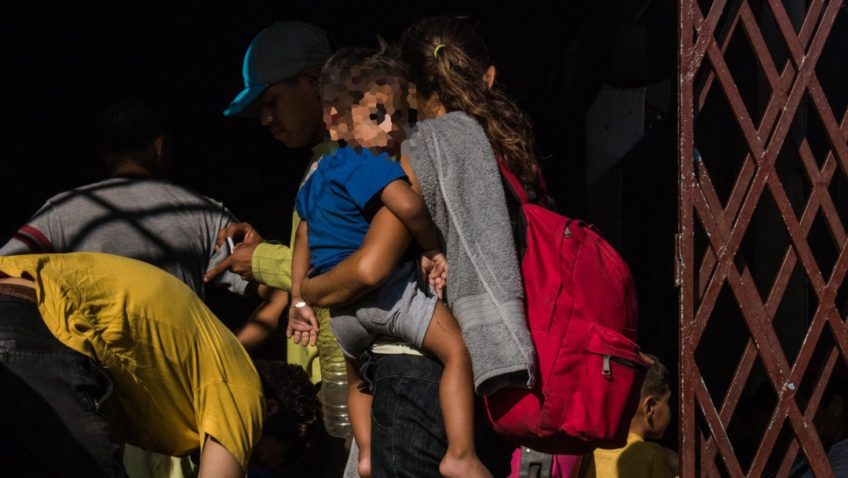Reversing abstention and walking through an electoral path that includes the November 21 elections are two of the objectives of the two CNE rectors. On Wednesday, August 18, they participated in a conversation organized by LOG Consultancy
A story shared by Roberto Picón broke the ice early on in the meeting: the rector of the National Electoral Council (CNE) told journalist Adriana Núñez Rabascall how important it was to hear his own voice -on the radio- as a prisoner in a cell of the Venezuelan political police, Sebin. Before an audience of very young people, Picón recalled that he had already been a prisoner of the Nicolás Maduro administration and that, from now on, anything new in the Venezuelan political panorama “is for good.”
Picón was joined by the vice president of the Electoral Council, Enrique Márquez, the guest star for the LOG Consultancy meeting, held on Wednesday 18 in Caracas.
Márquez also sought his way of approaching the public by telling how he was persecuted during the so-called “fourth republic” (the four decades democratic period before the rise to power of Hugo Chávez) for defending the rights of the voters.
The event began with the intervention of the political scientist Pablo Quintero, who offered welcome words. A small group of expectant young people awaited the words of the night’s protagonists that quickly took the forum. Picón reported that his and Márquez’s nominations for the board of directors of the CNE set out to “generate a change in Venezuelan politics, reverse the abstentionist inertia, and seek a change that, we think, is already taking place.”
Márquez maintained that the CNE cannot undertake the task alone and asked “who goes to the stadium to see the referee play.” As a politician, he knows that abstention remains a key factor. And, against all odds, he assured that only one electoral fraud has been committed during all this period: the 2017 fraud against Andrés Velásquez, who – he reiterated – won the Government of Bolívar state.
The rectors gave details about the audits and the initiatives from the new CNE board of directors to generate more confidence. Today, Márquez asserted, there is no way to cheat the results of an election. That is not the problem.
The problems, he added, are the inequalities and conditions surrounding the elections, on which they are currently working. An unavoidable topic was the set up of partisan stands in the vicinity of the voting centers.
Faced with skepticism from those listening to him, the rector asked the audience to ponder whether the Venezuelan future would be easier or more difficult under a country “painted in red” in the November 21 elections.
In each intervention, the rectors shared information on the progress regarding electoral guarantees for the upcoming elections and those still unchecked; one of them is the promise of banning the presence of partisan stands near voting centers.
As part of the diagnosis of the current situation, Picón recalled that a group of voting centers requested to be removed from the CNE registry on the occasion of the 2017 elections for a National Constituent Assembly, and some of them – not all – have requested to be reinstated.
According to Rincón, their work is paying off. But it will all remain in good intentions if politicians do not take on the challenge of joining the electoral path.
Translated by José Rafael Medina



